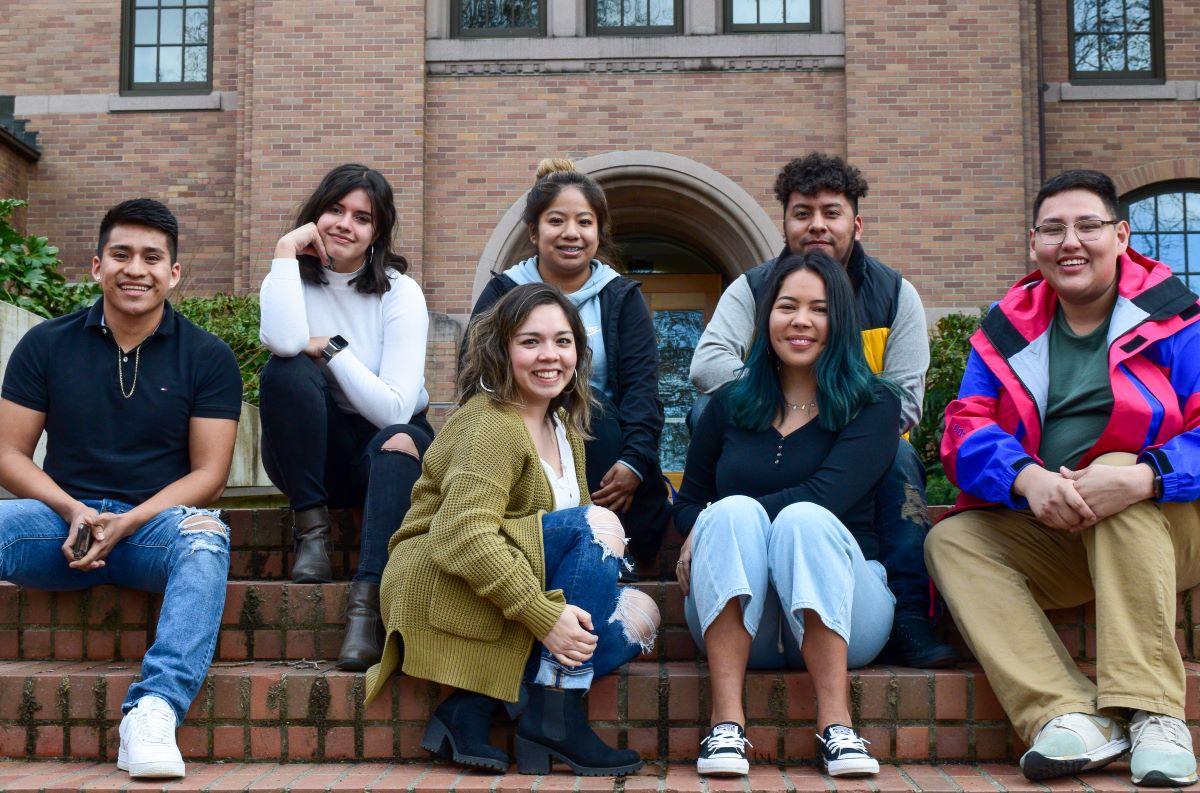Maestros Para el Pueblo
Maestros Para el Pueblo
Diversity, Recruitment & Retention
What is Maestros para el Pueblo at Western?
Maestros Para el Pueblo is a partnered "Grow Your Own" program that promotes culturally relevant access and programming. Maestros provides a pathway which encourages and supports bilingual and Latinx students to fulfill their higher education goals of becoming a certified teacher, educators and role model for our K-12 school districts in the Skagit Valley Community.


